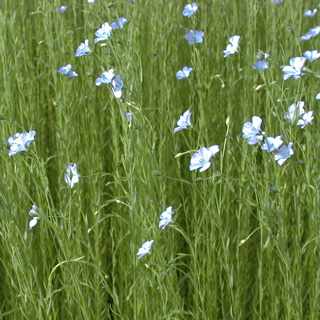Environmental - Sustainability Statement
Westbury Textiles is very aware of our responsibilities for the environment, and committed to sustainability and recycling.
Westbury's Recycle Program
- Recycle All Paper and All Cardboard
- Recycle Plastic Packaging
- Recycle post consumables: Toner cartridges, Batteries, Light bulbs, etc
- Recycle All Staff consumables waste - Glass bottles, Plastics, Cans, etc
Power
Our warehouse is lit by Natural light skylights and our head office is partially lit by natural light skylights. We recently installed a 15kW Solar power system to supply our electricity needs. Excess electricity generated is returned to the state power grid.
Textiles
- 97% of our fabrics are manufactured in Europe or the USA.
- All our fabrics are made in mills that comply with REACH (European Union regulation for Registration, Evaluation, Authorisation and Restriction of Chemicals, for protection of human health and the environment) and many of these are also OEKO-TEX certified - Passes yarns test for harmful substances.
Belgian Linen
All of our Belgian Linens are Eco Friendly. Belgian Linen is a green product by definition. It is environmentally friendly. Flax is a rotation crop. Growing it requires only a fifth of the pesticide and fertilizer input of cotton crops. Flax plants only require half the water needed by cotton plants to reach maturity. In Western Europe there is sufficient rainfall, so flax growing does not need irrigation like cotton does. There is no energy required to transform the plant into fibre. All other phases (preparation, spinning, weaving) involve mechanical processes and during finishing, the most environmental friendly processes are applied.

Linen is Biodegradable and totally Recyclable
Flax yarns do not need to be starched for weaving like cotton yarns. Flax purifies the soil and leaves it clean for the next crop. It also removes heavy metals from the land. Flax grows in a climate which guarantees good quality and in places where there is enough available land. The use of primary energy during the care of linen fabrics is minimal. During the growing and the end of the lifecycle no primary energy is used. The contribution of linen to global warming during care is minimal. The limited use of water and eco-toxicity is an important advantage of linen. The balance of flax from cradle to grave is positive.
Belgian Linen is ethical. Producers comply with the rules of the International labour organisation, governing wages, working conditions and the employment of minors. There are strict rules to protect the health of the environment.
Solution dyed Acrylic Outdoor fabrics
European made yarns complying with REACH & OEKO-TEX and Sustainably manufactured.
Polypropylene and Polyolefin Performance fabrics
Italian made yarns complying with REACH and OEKO-TEX and Sustainably manufactured.